The Learning and Forgetting Curve: How to Make eLearning Memorable
TalentLMS
FEBRUARY 2, 2015
Multitasking with techno-stimulators: mobile phones, tablets, i-tunes and you get the drift. Another common and deceptively heroic habit, that we all are so proud of, is multitasking. But I thought multitasking got things done faster! Prevent cognitive overload by presenting information in “chunks”. Tell us something new.




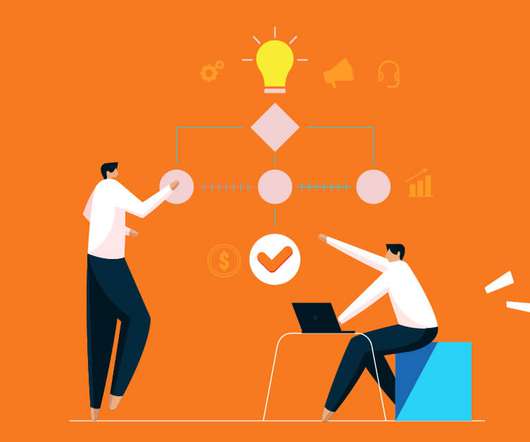


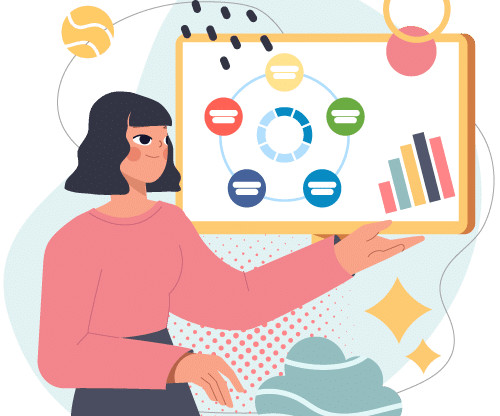
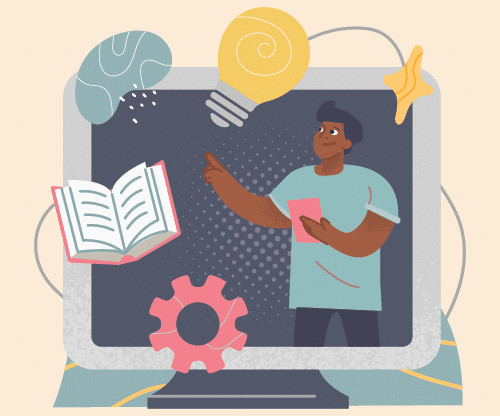




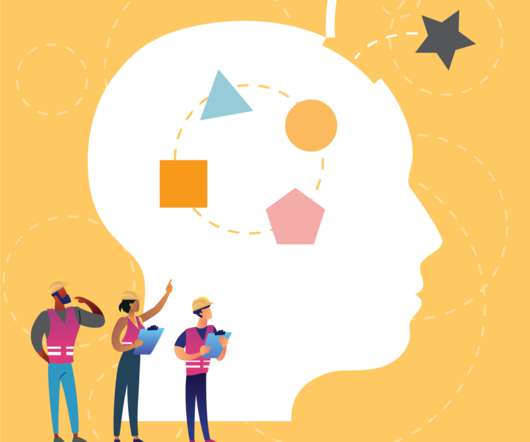
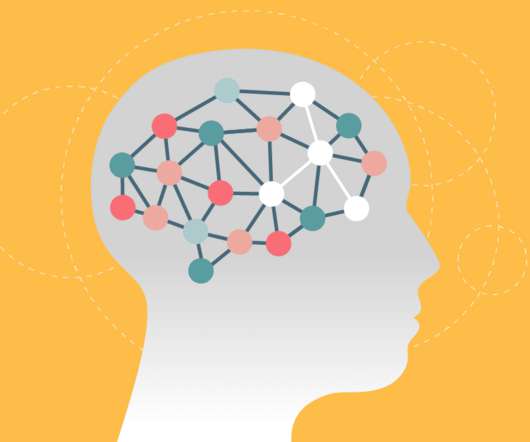
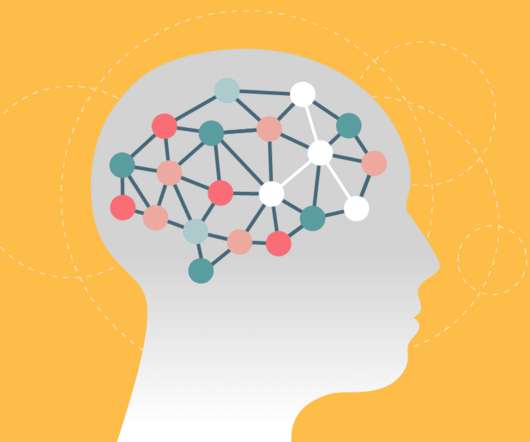
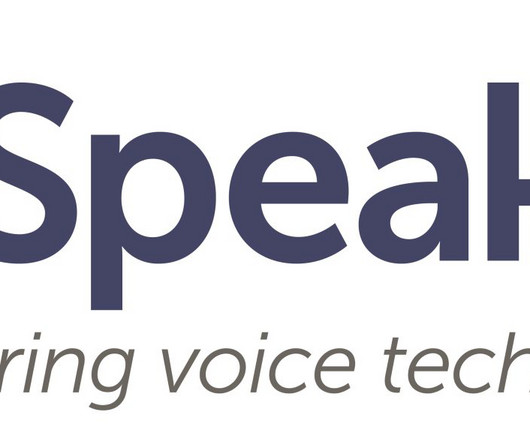











Let's personalize your content